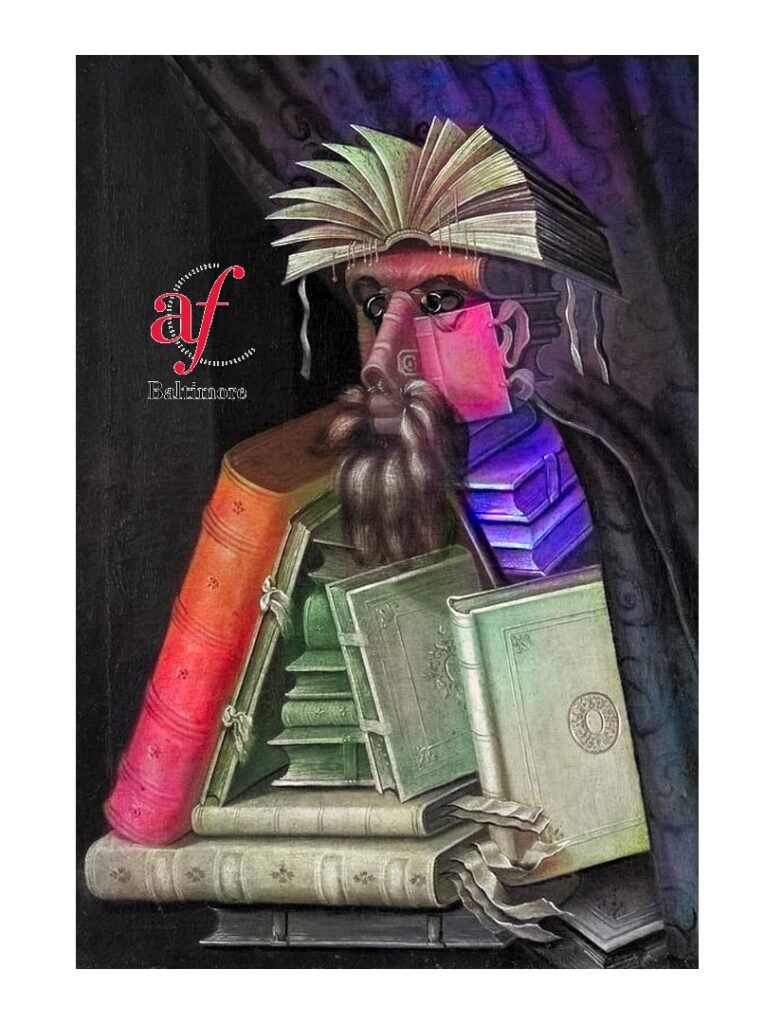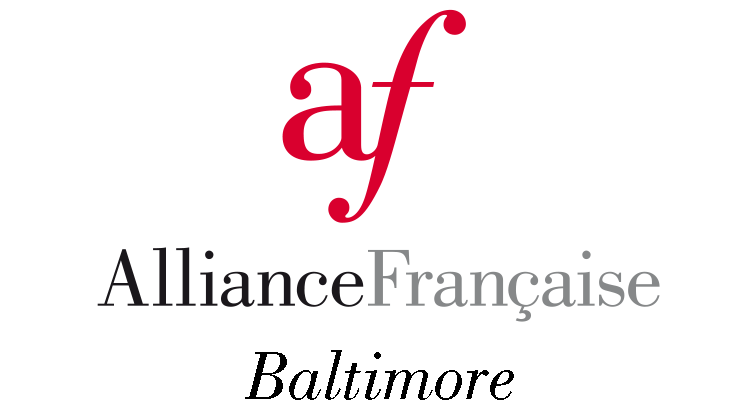
“Dis-moi ce que tu lis, je te dirai qui tu es”, est vrai, mais je te connaîtrai mieux si tu me dis ce que tu relis.
François Mauriac.
‘Tell me what you read, and I’ll tell you who you are’ is true — but I’ll know you better if you tell me what you reread.”
François Mauriac.
French literary prizes are numerous and diverse. Each has its own specific features: some are more prestigious, while others reward different genres, various styles, or distinct types of authors.
Here are the main differences between the most well-known French literary prizes:
🏆 Prix Goncourt
- Created in: 1903
- Purpose: Rewards “the best work of imagination in prose of the year”, usually a novel.
- Prestige: The most prestigious French literary prize.
- Impact: Huge commercial impact (hundreds of thousands of copies sold).
- Prize money: Symbolic (€10), but the recognition is enormous.
- Last year’s winner: Kamel Daoud for Houris
📖 Prix Renaudot
- Created in: 1926
- Purpose: Originally conceived as a “counterpoint” to the Goncourt.
- Specifics: Often awarded on the same day as the Goncourt; can reward a novel, essay, or biography.
- Reputation: Very high, often seen as the “second Goncourt”.
- Last year’s winner: Gaël Faye for Jacaranda
📚 Prix Femina
- Created in: 1904
- Jury: Exclusively female.
- Purpose: Rewards a French novel, but also a foreign novel (Prix Femina étranger) and an essay (Prix Femina essai).
- Feature: Often honors bold or sensitive literary works.
- Last year’s winner: Miguel Bonnefoy for Le Rêve du Jaguar
🧠 Prix Médicis
- Created in: 1958
- Purpose: Rewards authors whose talent deserves to be recognized, often outside commercial circuits.
- Categories: Also includes Prix Médicis étranger (foreign work in translation) and Prix Médicis essai.
- Reputation: Known for its intellectual and sometimes experimental choices.
- Last year’s winner: Julia Deck for Ann d’Angleterre
🖋️ Prix Interallié
- Created in: 1930
- Purpose: Initially for journalists, now often awarded to writers with a journalistic background.
- Feature: Often blends literature and journalism.
- 2025 winners: Theresa Révay, for Ce Parfum rouge (French novel); Shelley Read, for Go As a River (Va où la rivière te porte, translated fiction)
🧒 Prix Goncourt des Lycéens
- Created in: 1988
- Jury: High school students across France.
- Purpose: Gives young readers a voice.
- Popularity: Strong symbolic and commercial impact; often predicts mainstream success.
- Last year’s winner: Sandrine Collette for Madelaine avant l’aube
🎭 Other specialized prizes
- Prix du roman Fnac: Awarded by booksellers and Fnac members.
- Prix des libraires: Chosen by independent booksellers.
- Prix Décembre: Celebrates original, bold literature.
- Prix Jean Giono: Celebrates the pleasure of storytelling.
